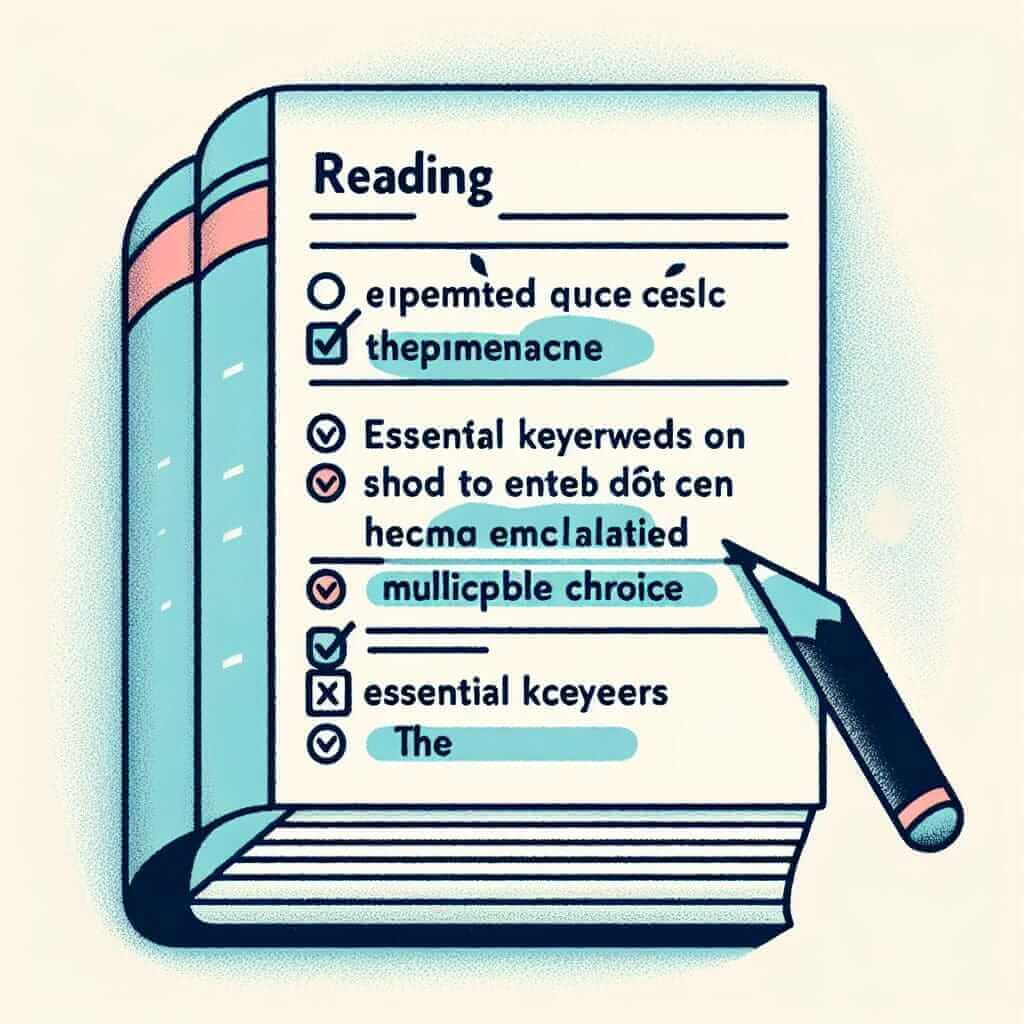For aspiring high-scorers on the IELTS, achieving a Band 9 in Reading can seem like a daunting peak. It signifies complete comprehension and masterful application of reading skills. But with the right approach and consistent effort, it is an achievable goal. As an IELTS instructor with over two decades of experience, I’m here to demystify the path to a Band 9 and equip you with the strategies to conquer the IELTS Reading section.
Understanding the Band 9 Standard
A Band 9 in IELTS Reading goes beyond just answering all questions correctly. It represents a sophisticated understanding of complex texts and the ability to analyze information swiftly and accurately. Examiners look for:
- Exceptional comprehension: You can identify the writer’s overall purpose, main ideas, and supporting details, even in challenging passages.
- Precise understanding of vocabulary: You can confidently decipher the meaning of unfamiliar words in context and demonstrate a wide range of vocabulary.
- Accurate interpretation of devices: You can analyze the use of stylistic devices, tone, and infer implicit meaning.
- Efficient time management: You can locate specific information quickly and effectively answer questions within the time limit.
Strategies to Unlock Your Reading Potential
While reaching a Band 9 requires dedicated effort, the right strategies can significantly enhance your performance. Here’s your roadmap to success:
1. Mastering Skimming and Scanning Techniques
These are essential for navigating the text efficiently:
- Skimming: Read the passage quickly to grasp the main idea and overall structure. Focus on the introductory and concluding sentences of each paragraph.
- Scanning: Locate specific information like dates, names, or keywords by swiftly moving your eyes vertically or diagonally across the text.
2. Developing a Robust Vocabulary
A strong vocabulary is fundamental to understanding complex texts.
- Read widely: Engage with diverse materials like newspapers, magazines, academic journals, and fiction.
- Use a dictionary and thesaurus: Actively look up unfamiliar words and their synonyms to expand your lexical range.
- Learn words in context: Pay attention to how words are used in sentences to understand their nuances.
3. Understanding Different Question Types
Familiarize yourself with the various IELTS Reading question types:
- Multiple Choice
- Matching Headings
- True/False/Not Given
- Sentence Completion
- Summary Completion
- Short Answer Questions
Practice each question type extensively to develop effective strategies for tackling them.
4. Analyzing Practice Tests
Practice tests are invaluable for honing your skills and identifying areas for improvement.
- Work through official IELTS practice tests under timed conditions.
- Analyze your mistakes: Understand why you answered incorrectly and focus on strengthening those areas.
- Review the answer key and explanations: This helps you understand the reasoning behind correct answers and refine your approach.
 IELTS Reading Practice Question
IELTS Reading Practice Question
Illustrative Example from IELTS Reading
Let’s consider a sample question:
Passage: “The discovery of penicillin revolutionized medicine. Before its introduction, bacterial infections were often fatal, and even minor wounds could lead to life-threatening conditions.”
Question: What was the impact of penicillin on the treatment of bacterial infections?
Answer: Penicillin revolutionized the treatment of bacterial infections by significantly reducing their severity and mortality rate.
This example demonstrates the importance of identifying keywords (impact, penicillin, bacterial infections) and comprehending the relationship between them.
Essential Tips for IELTS Reading Success
- Manage your time effectively: Allocate time for each passage and question.
- Read the instructions carefully: Understand what is required for each question type.
- Focus on keywords: Identify key terms in both the questions and passages to locate relevant information.
- Don’t panic if you encounter unfamiliar words: Use context clues and your existing vocabulary to infer meaning.
- Practice regularly: Consistent practice is crucial for improving your speed, accuracy, and overall comprehension.
Conclusion: Embracing the Journey to Band 9
Achieving a Band 9 in IELTS Reading requires dedication, strategic practice, and a genuine love for the English language. Embrace the learning process, stay persistent, and celebrate your progress along the way. Remember, it’s not just about the score but the invaluable skills you acquire on your journey to mastery.


